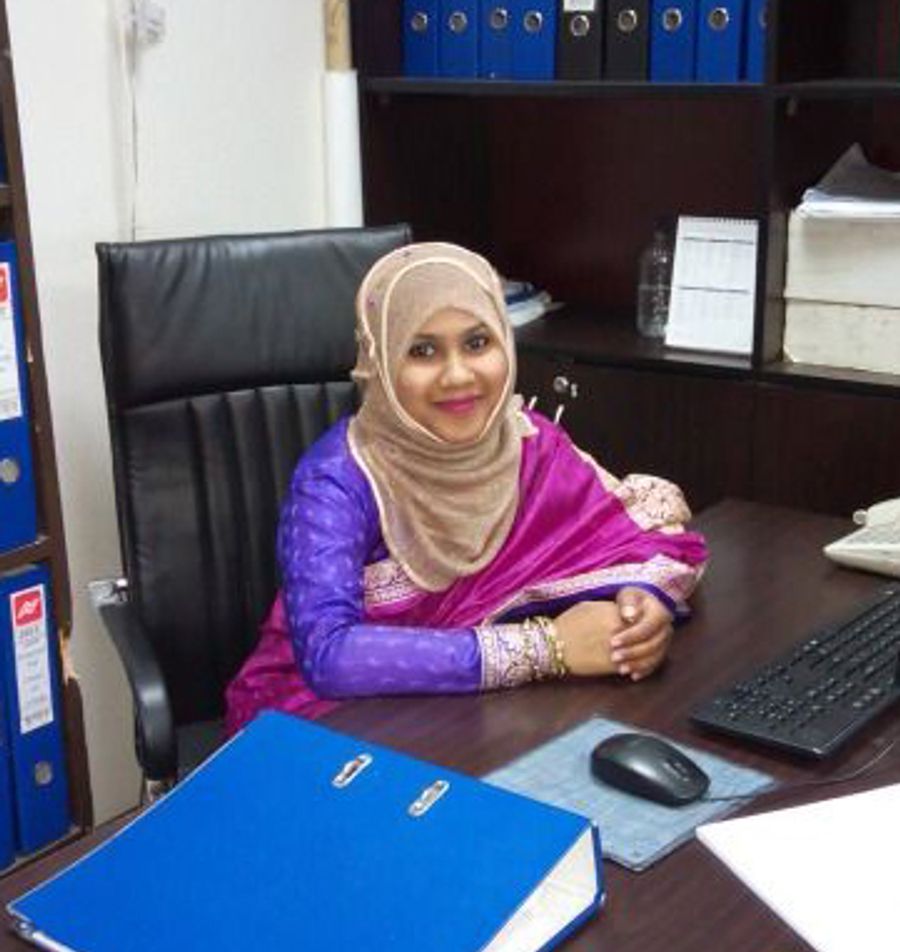Message From Chairman

The textile science and clothing manufacturing sector in Bangladesh has been rising rapidly to encounter the needs of the country's large population, as well as to support the thriving export industry. This success is driven by the abundant supply of labor, particularly a skilled workforce (largely women), along with rising investments in factory modernization and compliance with international standards. It is the second-largest global exporter of apparel, following China, known for producing high-volume, low-cost garments like t-shirts, knitwear, jeans and textile related products, contributing to more than 85% of the country's export earnings. There are about 526 Spinning Mills, 982 Weaving Mills, Export oriented 850 and Local 2100 Knit Composite Mills, 341 Dyeing, Printing, Finishing Mills and 5100 export oriented Ready-Made Garments (RMG) in Bangladesh. Over 22 billion USD is invested in the primary textile sector in our country and textile sector contributes more than 13% in country’s GDP. At present more than five million people are working directly in backward and forward linkage industries of this sector and it also creates a large customer base for industries such as banking, insurance, shipping, transportation, hospitality, cosmetics, toiletries, and other related economic activities. Therefore, the large and growing textile and apparel manufacturing industry in Bangladesh has been placing a rising demand of highly trained and skillful manpower with technical and managerial background. For the greater interest and progressive prospect of overall textile sector in Bangladesh, the university authority has launched the four year under graduate program entitled “B.Sc. in Textile Engineering” under the Faculty of Engineering and Technology from academic session 2017-2018 through admitting twenty students. This department is committed to developing students not only as skilled engineers but also as responsible, creative, and efficient individuals who can successfully navigate the challenges of the sector. These challenges include the pressure to innovate, diversify product offerings, adhere to stricter international standards, and remain competitive against low-cost producers like Vietnam and Cambodia. The experienced and enthusiastic faculty members of the department are committed to sharing the latest advancements in automation, infrastructure, and eco-friendly textile processes. They emphasize on sustainable manufacturing techniques; ensuring students stay informed and contribute to sustain the sector's continued growth.
